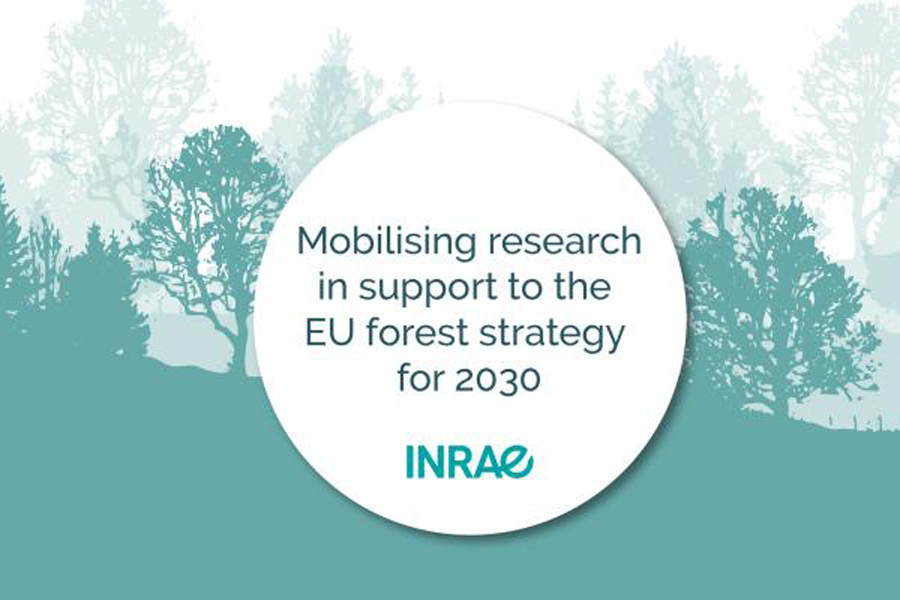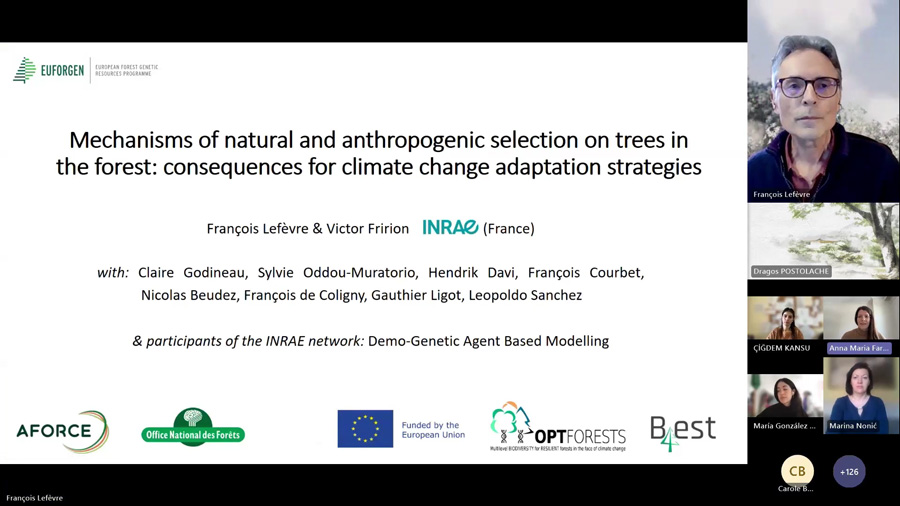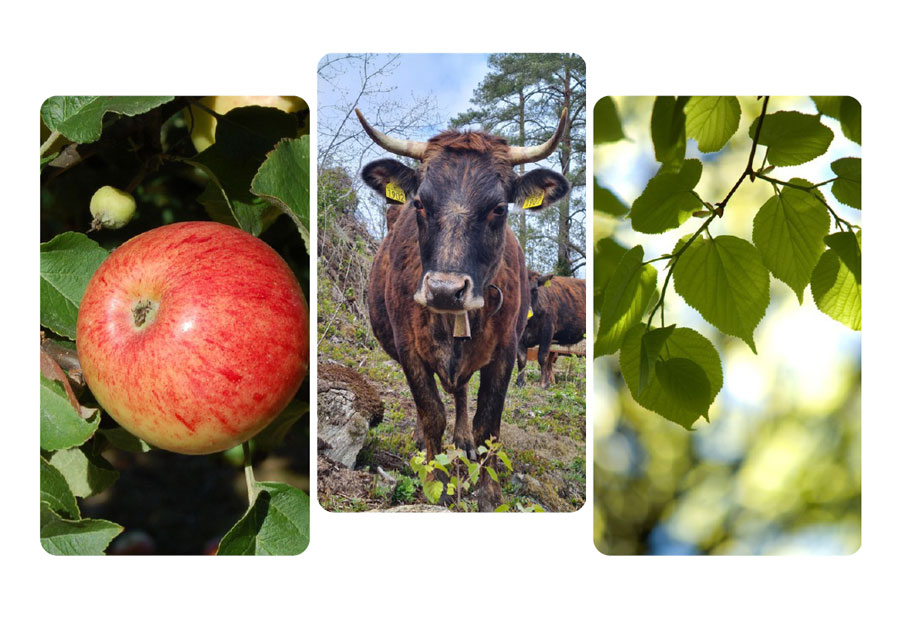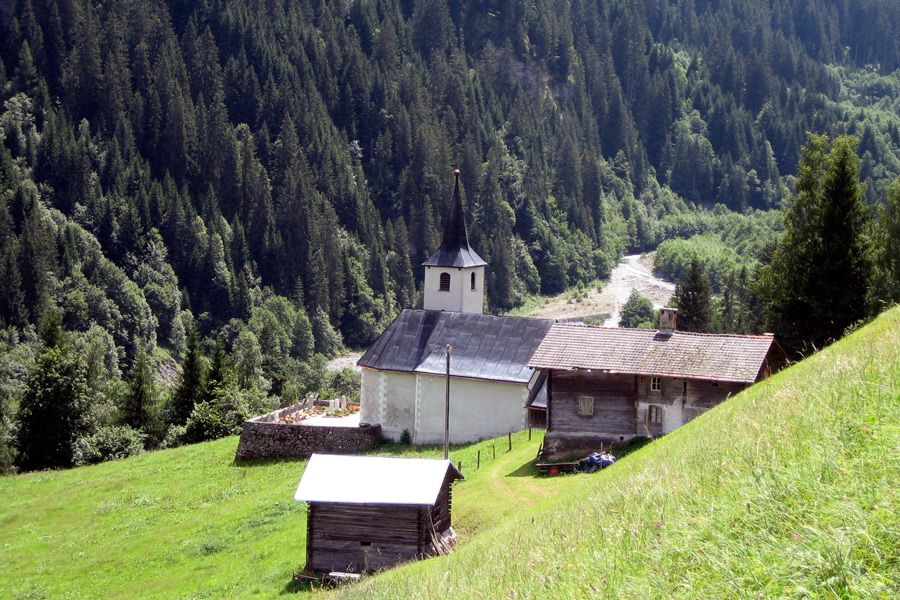Mobilising research in support of the new EU forest strategy for 2030
Scientists, policy makers and forest stakeholders explored how research on temperate and tropical forest ecosystems might meet the objectives of European environmental policies in a high-level conference.
The event, organised by INRAE on December 7 in Brussels at the Maison Irène et Frédéric Joliot Curie, gathered more than 50 participants from European countries to provide an opportunity for dialogue between the different experts contributing to a comprehensive approach to forests and forestry. Strengthening a holistic and future-oriented EU forestry policy starts by providing a forum for discussions between the various stakeholders.
Some key points for the future of forests were highlighted:
- Real-time integration of knowledge, to tackle the urgency is needed to support policymaking
- Complexity must not be underestimated, but it should not stop actions.
- A portfolio of options with the best combination of solutions for the various interests and environmental, social and economic specificities is needed
- Co-development of more strategic foresights on the future of forests can support policy decisions. Research is developing knowledge and tools to be integrated with the expertise and objectives of stakeholders and policy makers.
EUFORGEN coordinator, Michele Bozzano, participated in the roundtable discussion, moderated by Maurice Hoffmann (Alternet Network Council), which aimed at unravelling the complexities of addressing forest issues with a holistic vision. Other panellists were Nicolas Picard (SCAR Forest), Johan Elvnert (FTP) and Piotr Borkowski (EUSTAFOR).
M. Bozzano explored key aspects crucial for the sustainable future of our forests, focussing on: i) Diversity for resilience; ii) Unlocking the genetic wealth of European forests; and iii) Empowering forest managers and nurseries.
- Diversity for resilience: Diversity plays a pivotal role in ensuring the resilience of future forests. For forests to thrive in the face of changing environmental conditions, they must embrace diversity, encompassing both species and genetic variations. However, there is a critical gap in the industrial sector's readiness to handle such diversity. The challenge lies in aligning industrial practices with the natural complexity of diverse ecosystems.
- Unlocking the genetic wealth of European forests: European forests hold substantial levels of genetic diversity, yet our understanding of this wealth remains limited. A concerted effort to characterise forest genetic resources, especially focusing on how genetic diversity is distributed and its untapped potential, is needed. The ongoing FORGENIUS project is a crucial initiative working towards unravelling the genetic intricacies of European forests.
- Empowering forest managers and nurseries: Choosing appropriate forest reproductive material is vital, and thus it is essential to support forest managers in making informed decisions, which are pivotal in establishing resilient and productive forests. It is also important to assist forest nurseries in adapting to the demand for diversity. The OptFORESTS project, aims to identify and develop new cultural trajectories to protect and sustainably use forest genetic resources and support nurseries in their efforts to offer a wide range of diverse forest reproductive materials.










